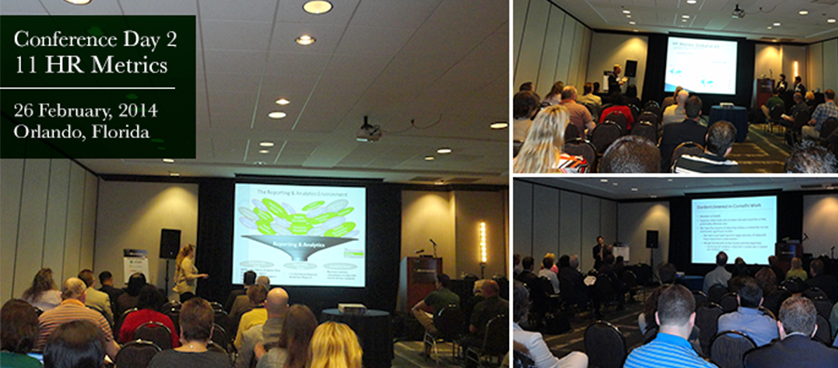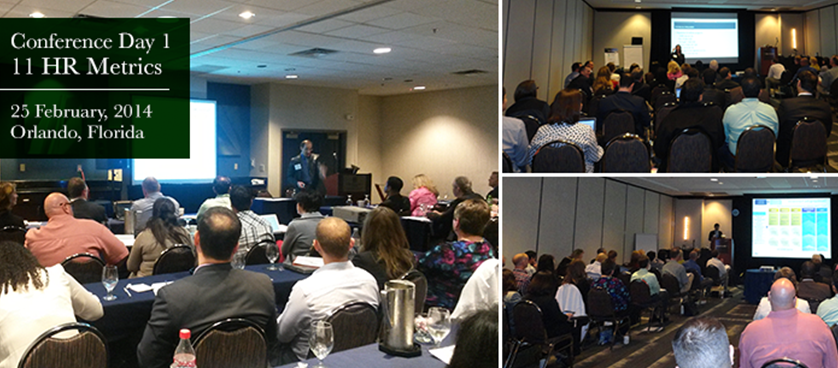Colleges Ontario: KPIs for academic excellence
Colleges Ontario is a regional association which represents 24 of Ontario’s higher education institutions, dedicated to applied arts and technology. It is committed to providing Ontario’s colleges with a strategic direction and means for improvement in order to enable the region’s growth and progress as an education and learning centre.





